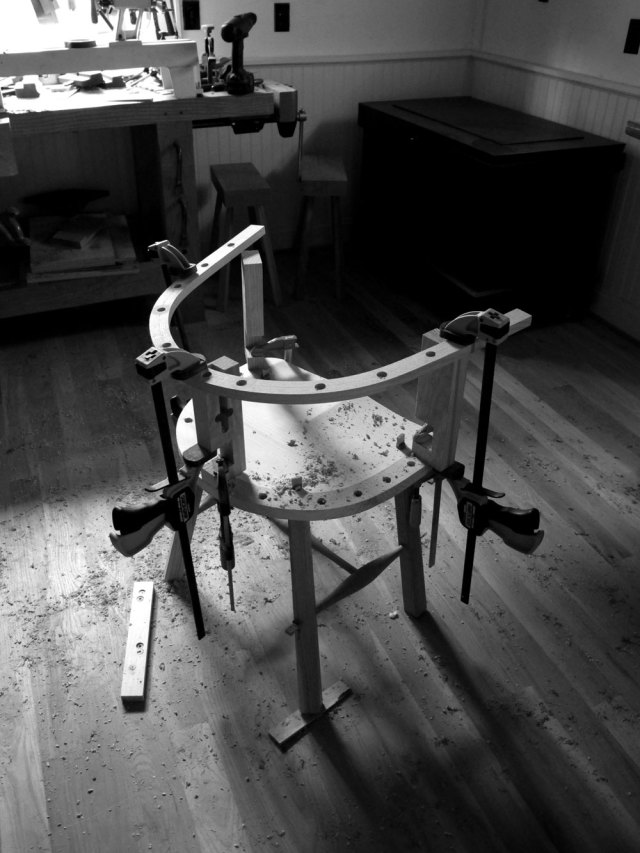
I was 13 when I applied for the journalism program at my middle school. I was accepted (thank Jebus), and I remained a full-time student of the craft until I was 24 and released on the world to collect a generous four- and (eventually) five-figure salary in this trade.
I’m often asked by kids and grownups how to become a writer. What books should they read? What classes should they take? After a lifetime of study, here’s my answer:
Writing classes suck. During my 11 years of full-time training I never got much of value from a writing class. (Sorry Roger Boye and Dave Nelson.)
So how do you become a better writer? Easy. Take classes in editing. The three most important classes I took during my training were:
- Copy editing. During this class I learned the rules of the road. These rules became tattooed on my brain through ritual abuse (that’s copy editing!). Once I knew the rules, I learned the consequences of bending or breaking them. The beautiful thing about becoming a copy editor is that you can churn out copy that a copy editor will love.
- Magazine editing. During this class I learned to flush away my “self.” A good editor can become a stupid person who is reading a piece of writing for the first time. This “cloak of stupidity” allows you to see the giant holes in a story, the poor organization and the odd word choices. While I can use this skill on other people’s work, I also use it on my own writing. Though it’s difficult to edit your own work, once you don the “cloak of stupidity,” you can turn out writing that is easily understood by anyone.
- Law and ethics. If you don’t have a moral groundwork for your writing, you will write things you don’t believe in (I’m talking here about the profession of public relations). A class such as this will teach you the limits of writing (what’s legal and not). It will give you the confidence to exercise your First Amendment rights (truth is a defense). And it will show you how the “appearance of impropriety” should color every decision you make as a writer.
So what the heck does this have to do with woodworking? Lots. If you want to become good at building casework, I think you should take a class in chairmaking.

I’ve taken a lot of classes on both casework and chairmaking. The casework classes have been forgettable. The chairmaking classes have made me a better woodworker. Why? It’s complicated. Chairmaking shows you several things you won’t get from a “build a box” class.
- Assemblies are living systems. When you make a chair you try to use the least amount of wood to create the greatest strength. So you have to understand wood, how it moves and how it reacts to the tools. After taking chairmaking classes, I knew how to put assemblies in tension so they would resist certain forces. I knew how to better design for moisture exchange. I saw the benefit of green wood, dry wood and everything between.
- Angles are meaningless. After you take a class in chairmaking you see that every angle is as valid as 90°. While machines like 90°, you don’t have to stick with that angle (or its cousin, 45°) to make good furniture.
- Form is everything. While chairs can have intricate details, they are mostly a silhouette. And once you can see that silhouette, your casework will ricochet into new directions.
I don’t teach chairmaking classes (or any other classes these days), so I’m not trying to sell you anything. I can say that most woodworkers who do casework have deep trepidation about chairs. That should tell you something.
Forget the box for a minute. Try compound-angle joinery for a week and you’ll laugh at boxes afterward.
— Christopher Schwarz